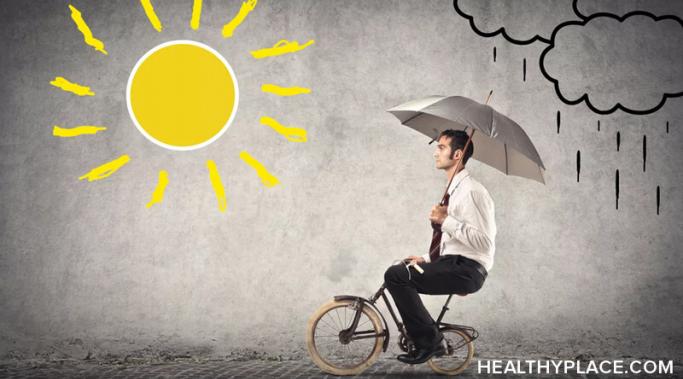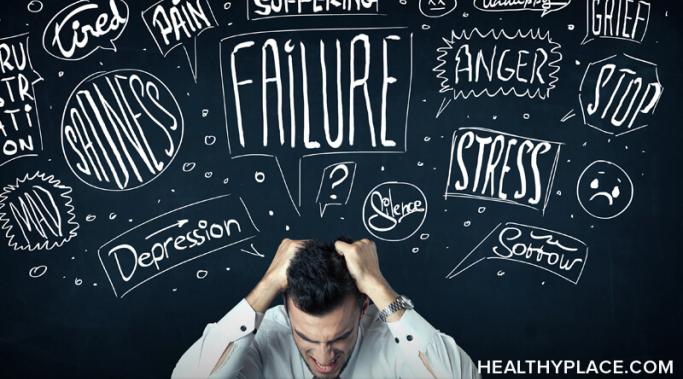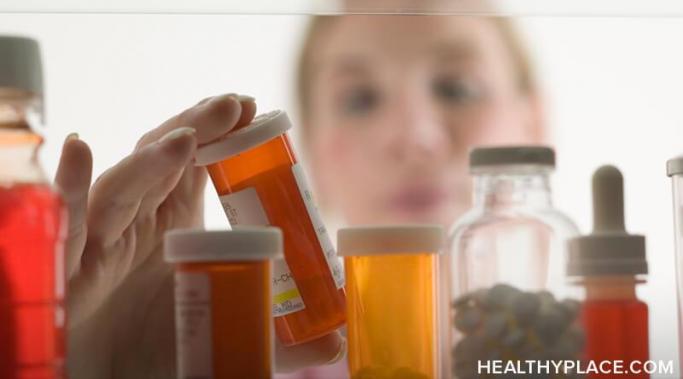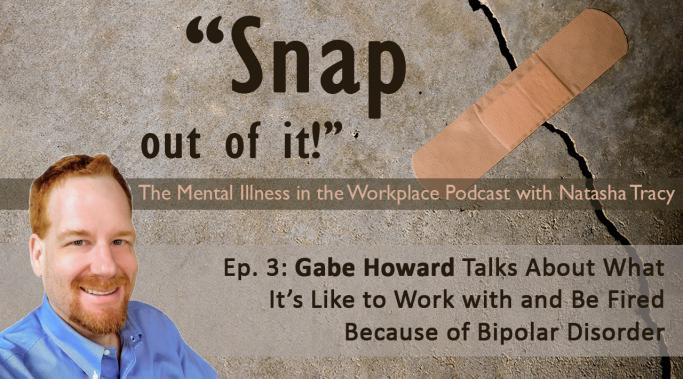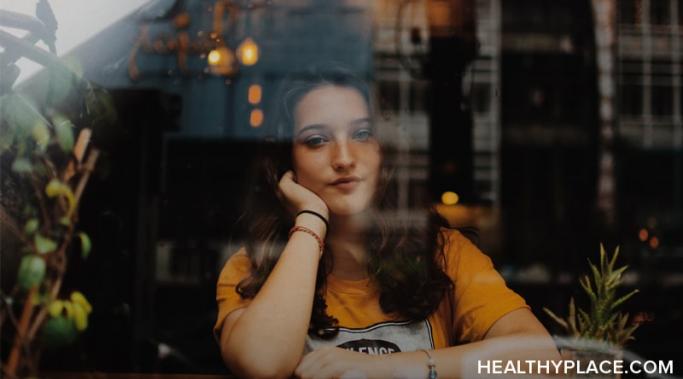Blogs
Public speaking is an act that has typically triggered my anxiety. I had to work on it for several years to get to a point where I could manage my public speaking anxiety and anxiety in general.
Sometimes I wonder what my life would look like if I didn't have borderline personality disorder (BPD) and complex posttraumatic stress disorder (complex PTSD). It saddens me to think about the experiences and accomplishments I may have missed out on due to my ongoing battle with mental illness. While it's impossible to know the life I could have had, it's an interesting thought experiment to look back and imagine how things could have turned out differently. What if I'd led a life without mental illness?
Today we'll discuss how not to hate your life. But first, in the last post, I suggested that we ought to drive a wedge between the mechanism by which we understand the world—our brains—and the product of that understanding—ourselves. In the end, I declared that you are pure observation. If you're still scratching your head about this, an easier way to view it is to equate yourself with your experience of reality, keeping in mind that said experience is mediated completely by your brain. It's critical you understand this. Because if you don't, you won't understand that your experience of reality and reality itself has very little to do with each other. The latter is unyielding. The former is entirely subject to the direction it's pointed in.
Antipsychotics are a class of medications that many people don't like to take. In fact, I was terrified of the notion that it was even a possibility once upon a time. But antipsychotics are often used to treat bipolar disorder and some depression, along with illnesses like schizophrenia, with which we classically associate psychosis. But even though antipsychotics are approved for use in those areas — thus proving they do work for some with those illnesses — people still don't like to take antipsychotics. Why don't people like to take antipsychotics? Well, if you're me, it's because you've tried them.
In this podcast episode, "Snap Out of It!" is pleased to speak with award-winning podcaster and mental health advocate Gabe Howard. Gabe has lived with bipolar and anxiety disorders since 2003. Gabe has a harrowing tale of when he was first diagnosed with bipolar disorder. Not only does he speak to what it is like to work with bipolar disorder before being diagnosed, but he also speaks to what it is like to “come out” at work and, finally, be fired because of bipolar disorder.
Something happened when I turned 40: I pretty much stopped dating my age. Over the past four years, almost all of my dates have been with men in their 20s. I believe the term for a woman like me is "cougar." While dating men so much younger than me has been exciting and fun, it's also been incredibly lonely. So, why have I been clinging to the cougar life for so long?
When you are the victim of verbal abuse, making decisions and navigating everyday activities can be overwhelming. I have noticed that when my anxiety levels climb due to external stressors, my brain and body want to shut down. Then, I want to return to my old coping skills from when I suffered abuse by giving up, abstaining from fighting against any opposition, and retreating internally.
Confession: sometimes, I'm afraid of complete eating disorder (ED) recovery. What does this mean exactly? It's hard to articulate, but there is a small (albeit influential and persistent) voice in the back of my head that warns me not to lose the ED behaviors I relied on for so long. As irrational as this might sound, I feel a sense of comfort and reassurance in knowing I can re-access the eating disorder anytime I need it.
It's one thing to tell someone you've hurt yourself accidentally. But what do you say when you hurt yourself on purpose? What's the best way to tell someone you self-harm—and who should you tell first?
When talking about paranoid schizophrenia, we must remember that everyone has a different experience with the illness. Some people live with few or no symptoms of paranoid schizophrenia, while others live with significant symptoms. I had one period in my life where I lived symptom-free for almost a decade. During that time, I held a full-time job, completed training programs, was involved in hobbies, and was more independent than at any other period in my life. But I haven't had a day entirely symptom-free in the past 10 years.

